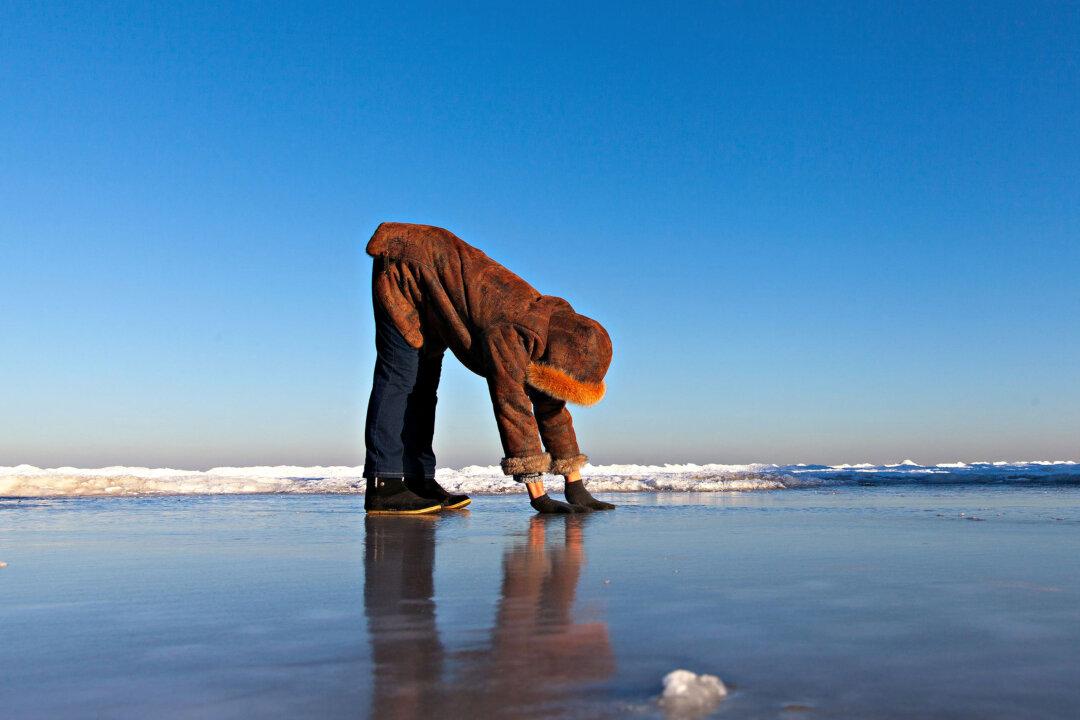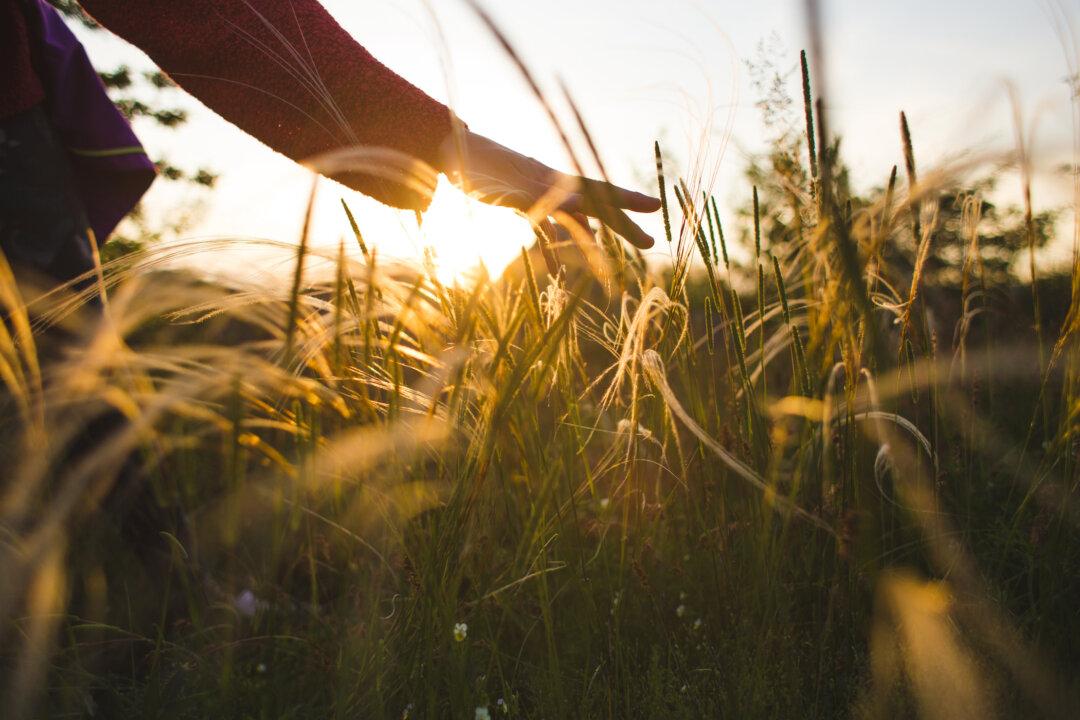The world is made up of introverts, extroverts and people that fall someplace in between. For some, being one or another doesn’t make a big difference in their lives. However, for introverts like me, it explains a lot.
I grew up in a family with a lot of kids, and was labeled sensitive because I was often overwhelmed by the chaos and commotion of living with so many people. As an adult married to a strong extrovert, I compared my handful of close friendships to my husband’s vast army of friends and acquaintances and wondered if I was lacking in some way. It wasn’t until I was in my late 30s that I realized that there was a word for how I interacted with the world—introvert.





